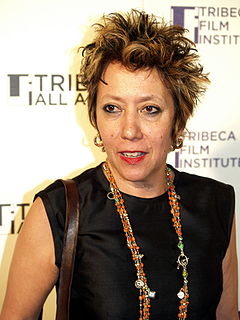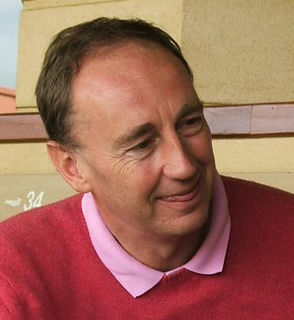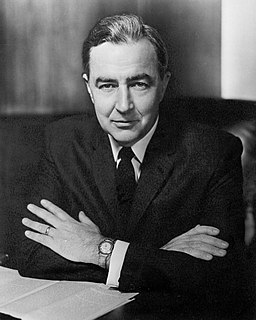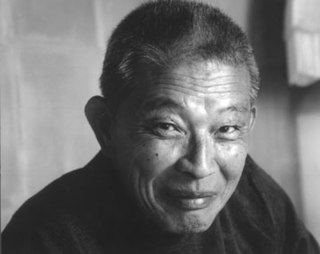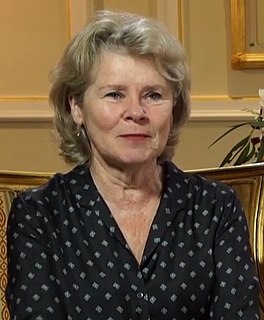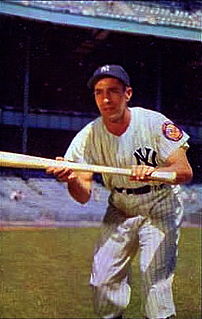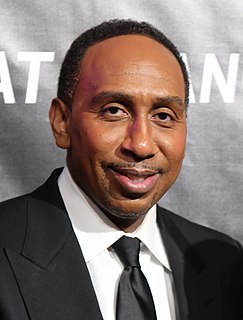A Quote by Jessica Hagedorn
We didn't have television until I was about eight years old, so it was either the movies or radio. A lot of radio drama. That was our television, you know. We had to use our imagination. So it was really those two things, and the comics, that I immersed myself in as a child.
Related Quotes
There is danger in the concentration of control in the television and radio networks, especially in the large television and radio stations; danger in the concentration of ownership in the press...and danger in the increasing concentration of selection by book publishers and reviewers and by the producers of radio and television programs.
When my generation, those early days of television - I know I've been thinking about this lately - my two flashes of me as a little boy. One, I'm standing in front of the radio freaking out that Nat King Cole's singing 'Lady of Spain', just this stuff coming out of the radio, and Guy Williams singing 'Wild Horses' coming out of the radio.
In any case, the leading edge of our "on purpose" radio signals is 30 light-years away and, if intercepted, may mend the aliens' image of us based on the radio bubble of our television shows. But this will happen only if the aliens can somehow determine which type of signal comes closer to the truth of who we are, and what our cosmic identity deserves to be.
When you think about advertising, it's understanding that whether it's newspaper, radio, or television, you have to know how to advertise, how to market, because ultimately, everything comes down to ratings and revenue or ratings and subscribers and revenue, whether it's newspapers or radio or television.
